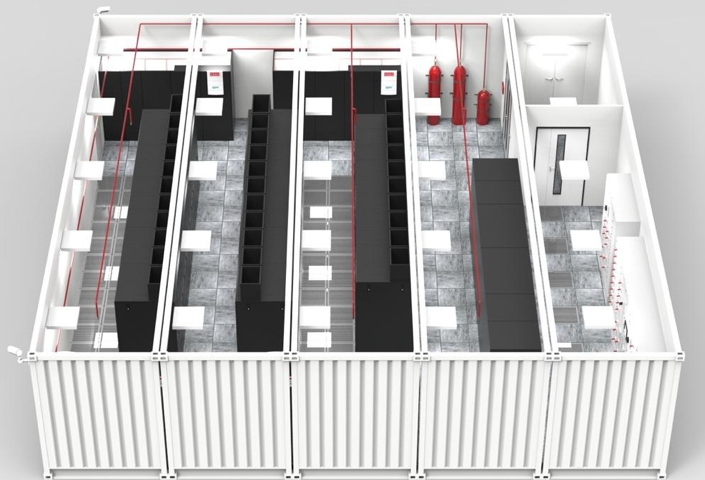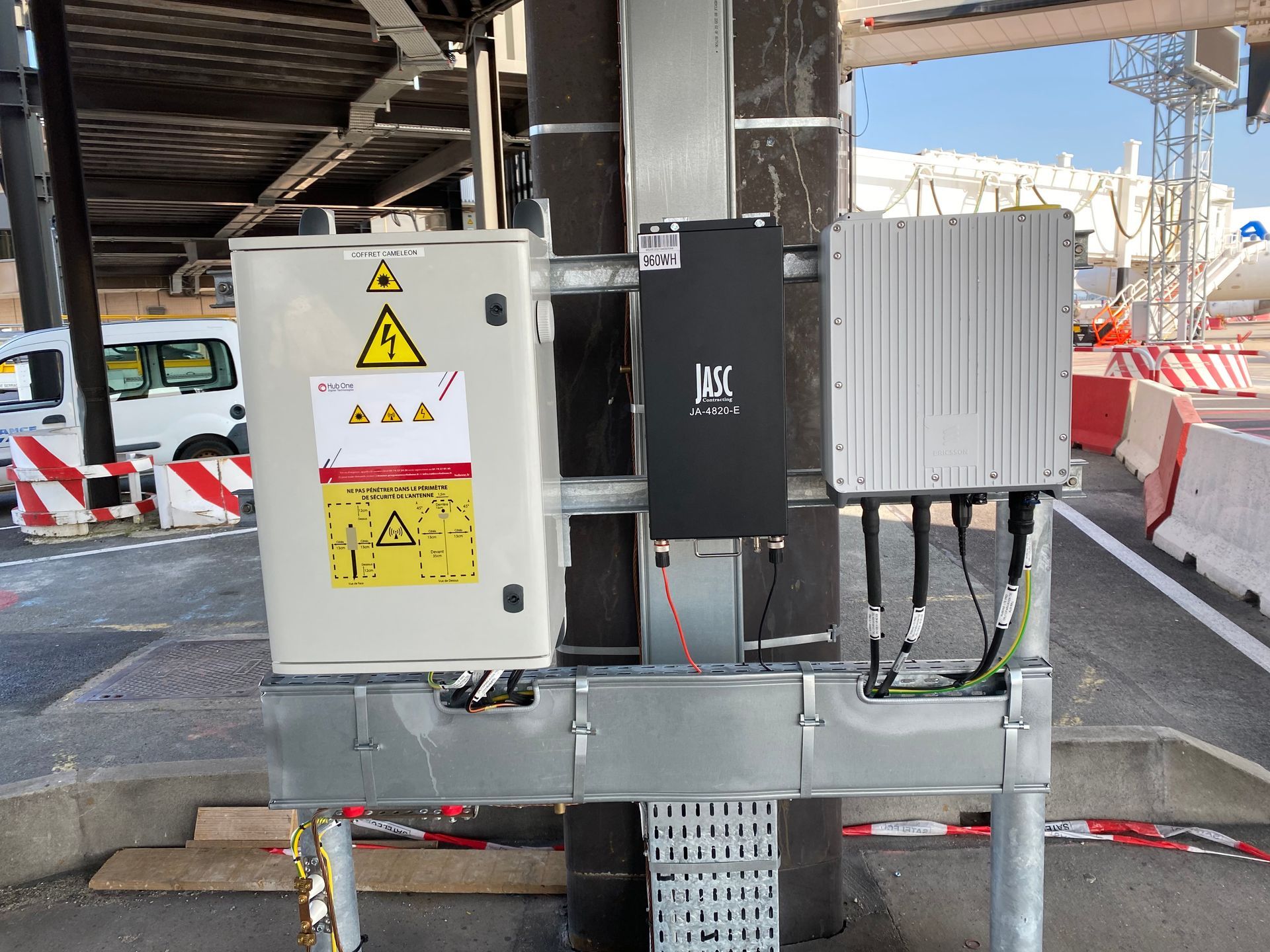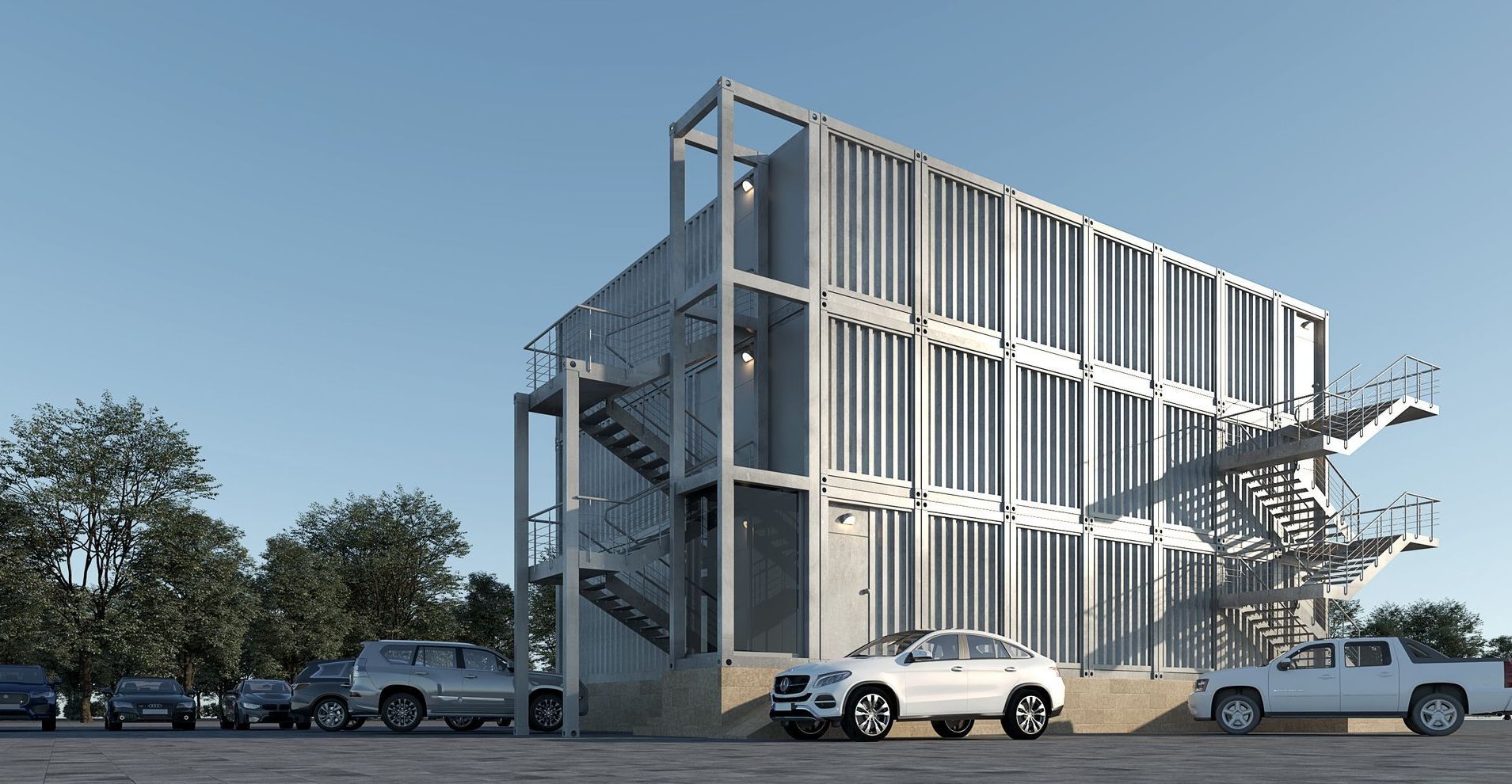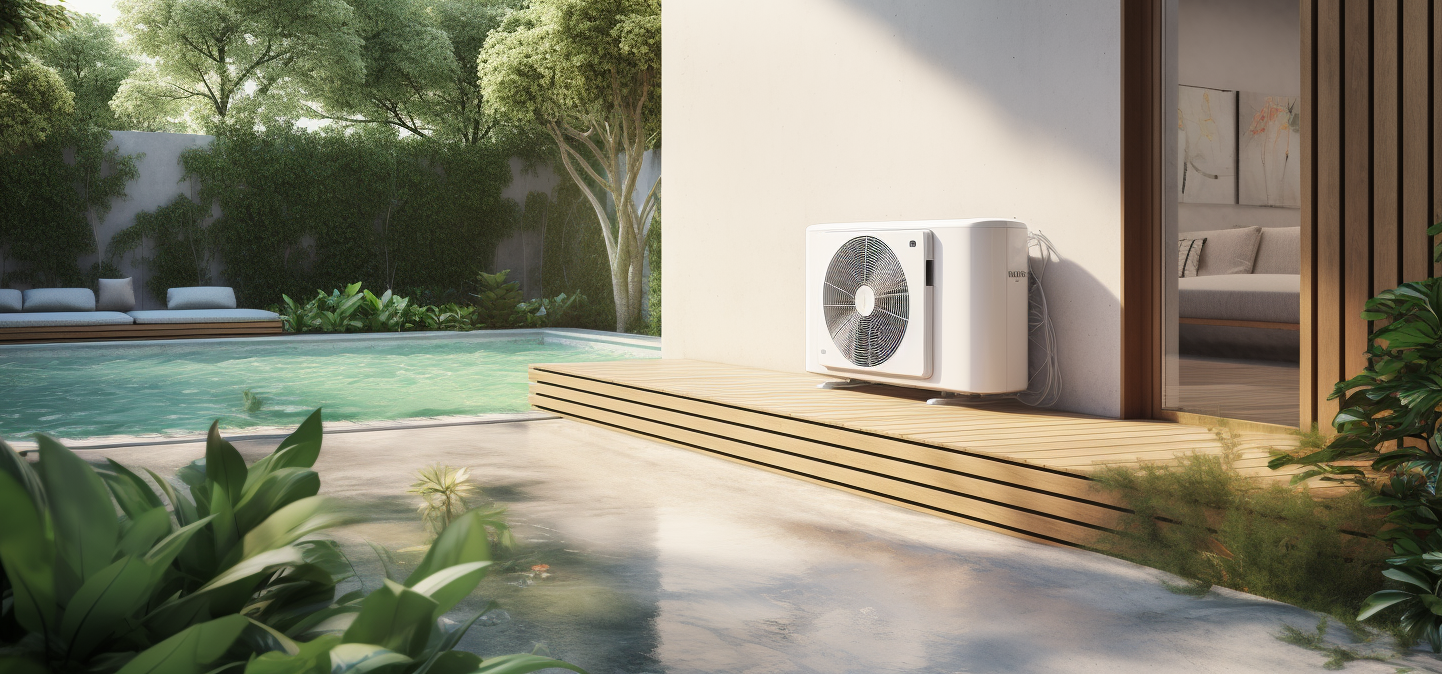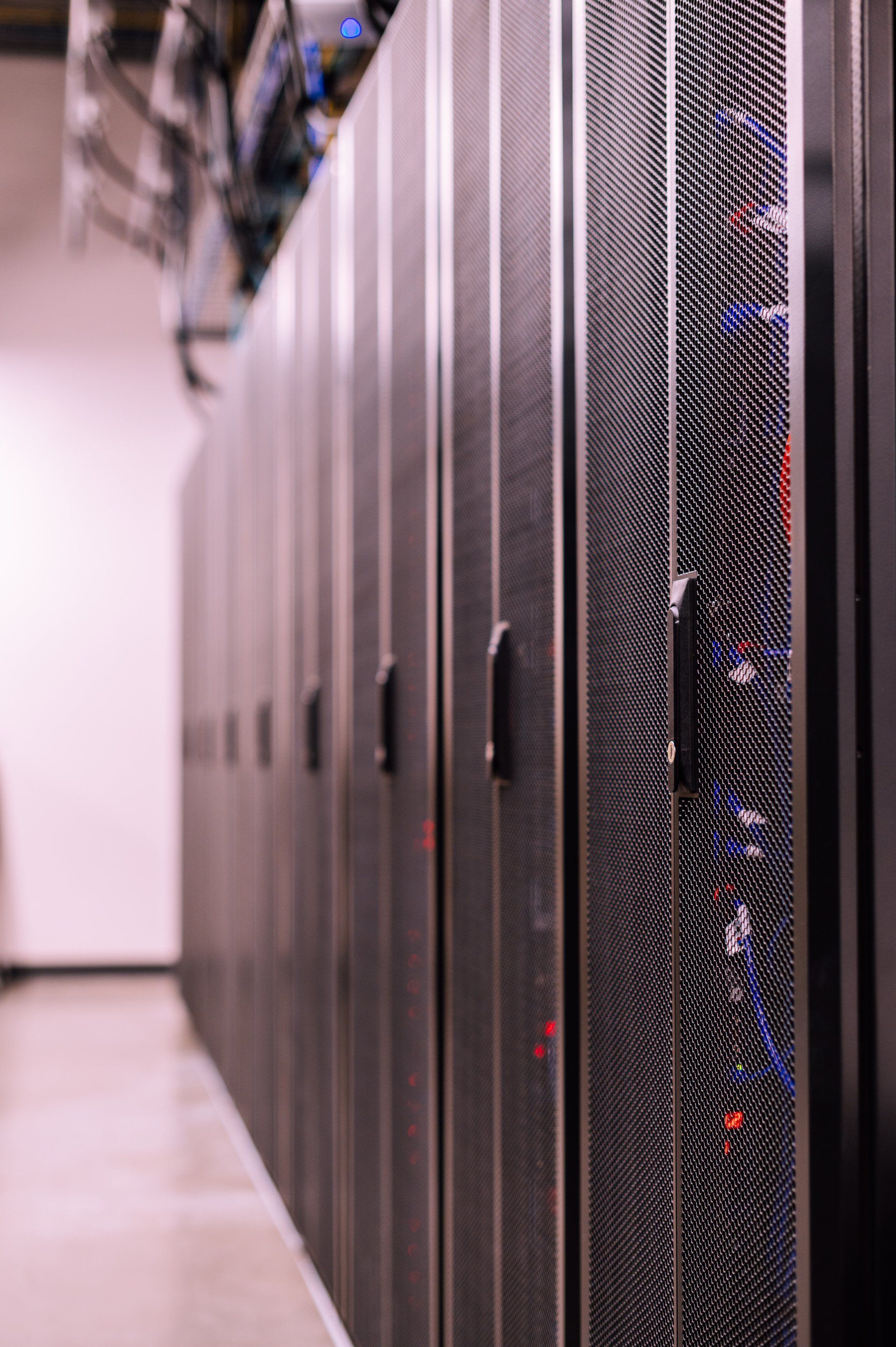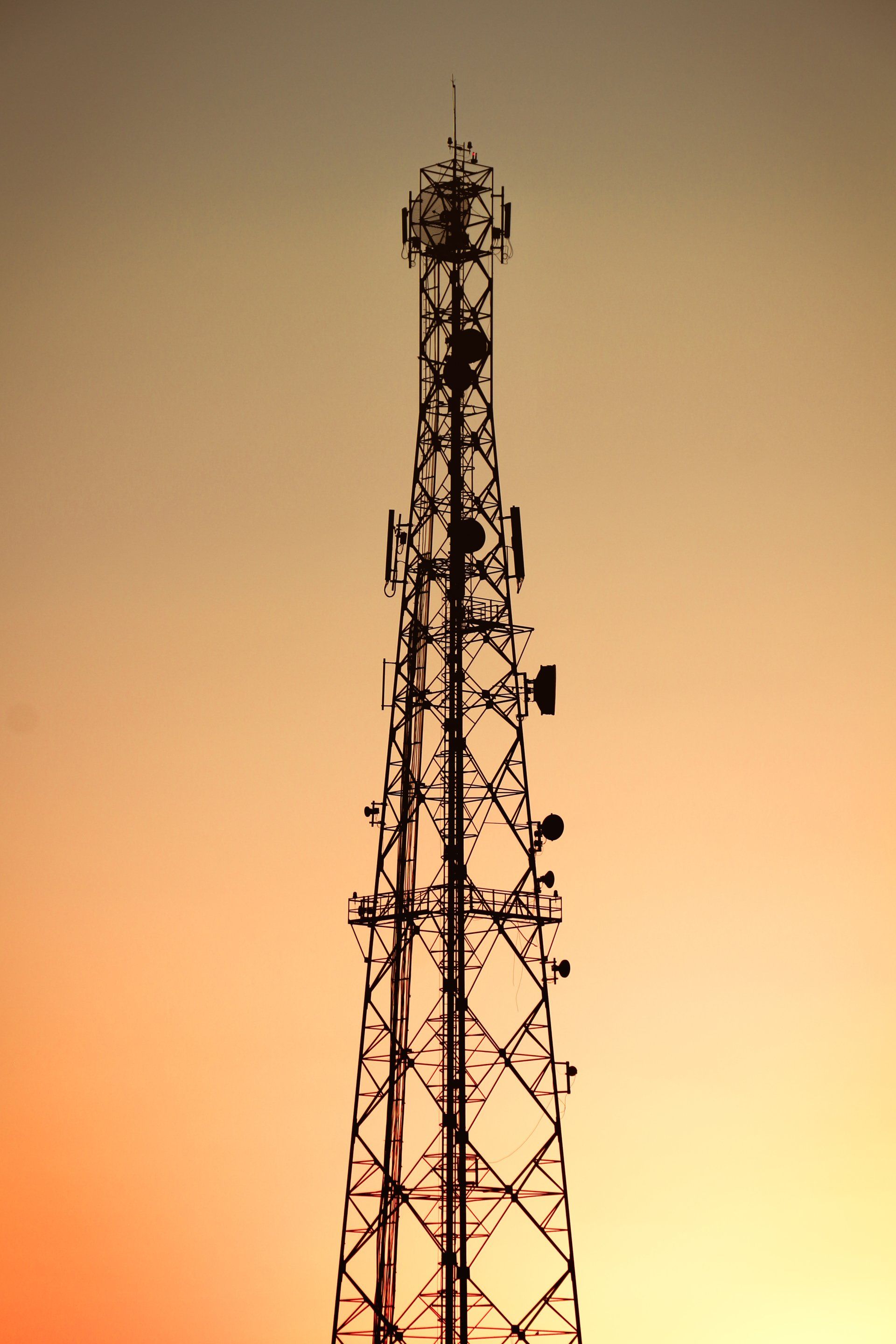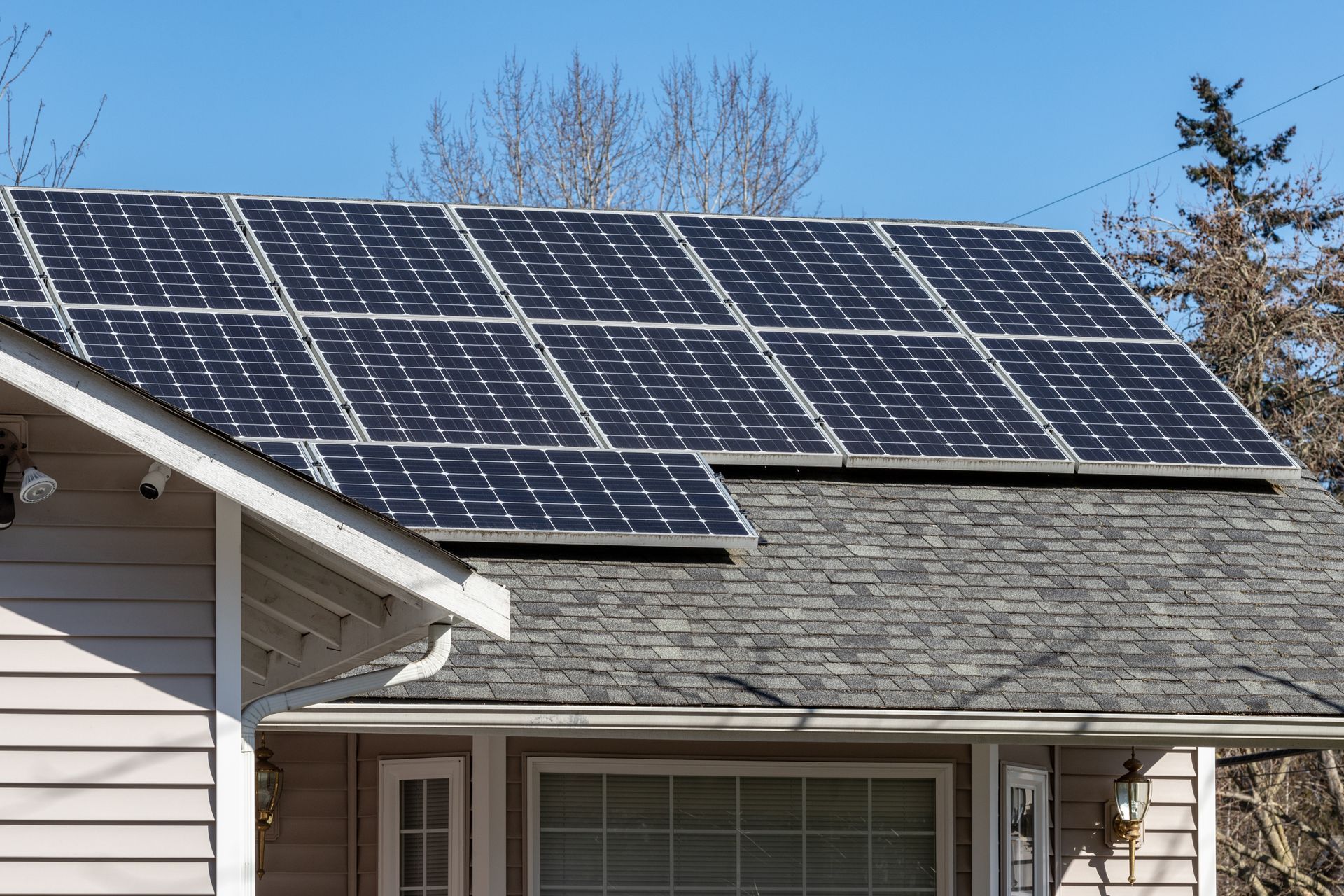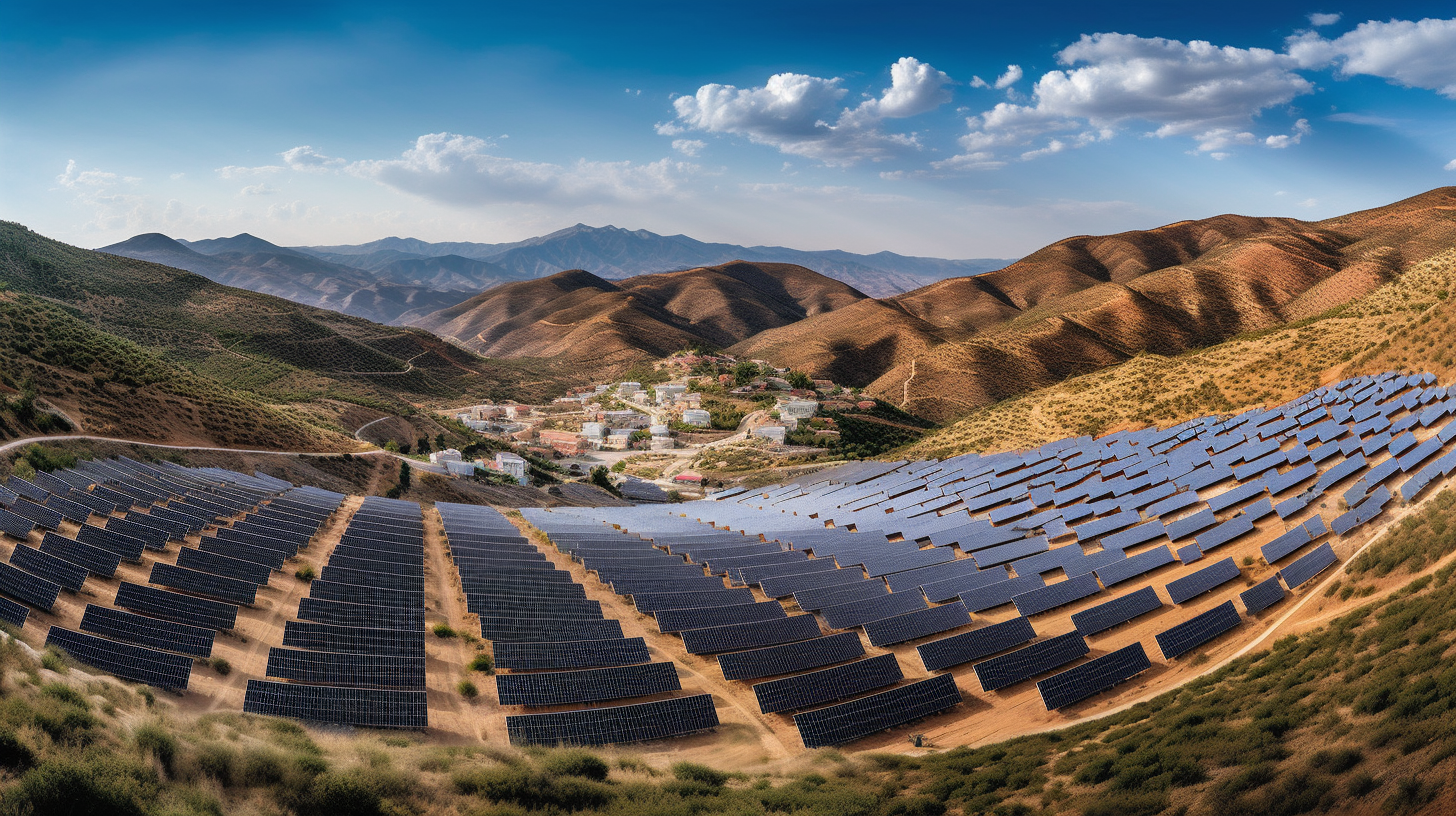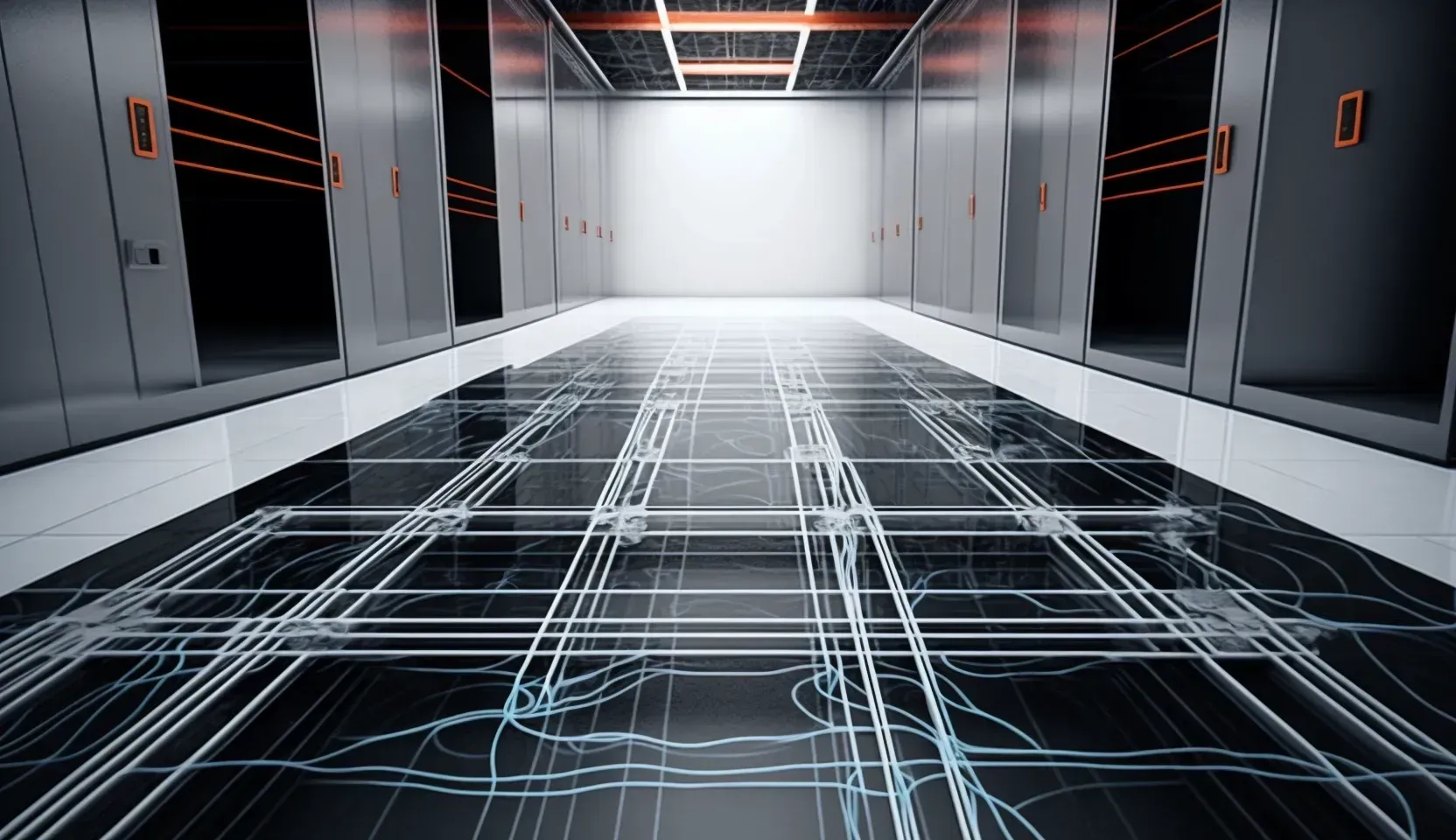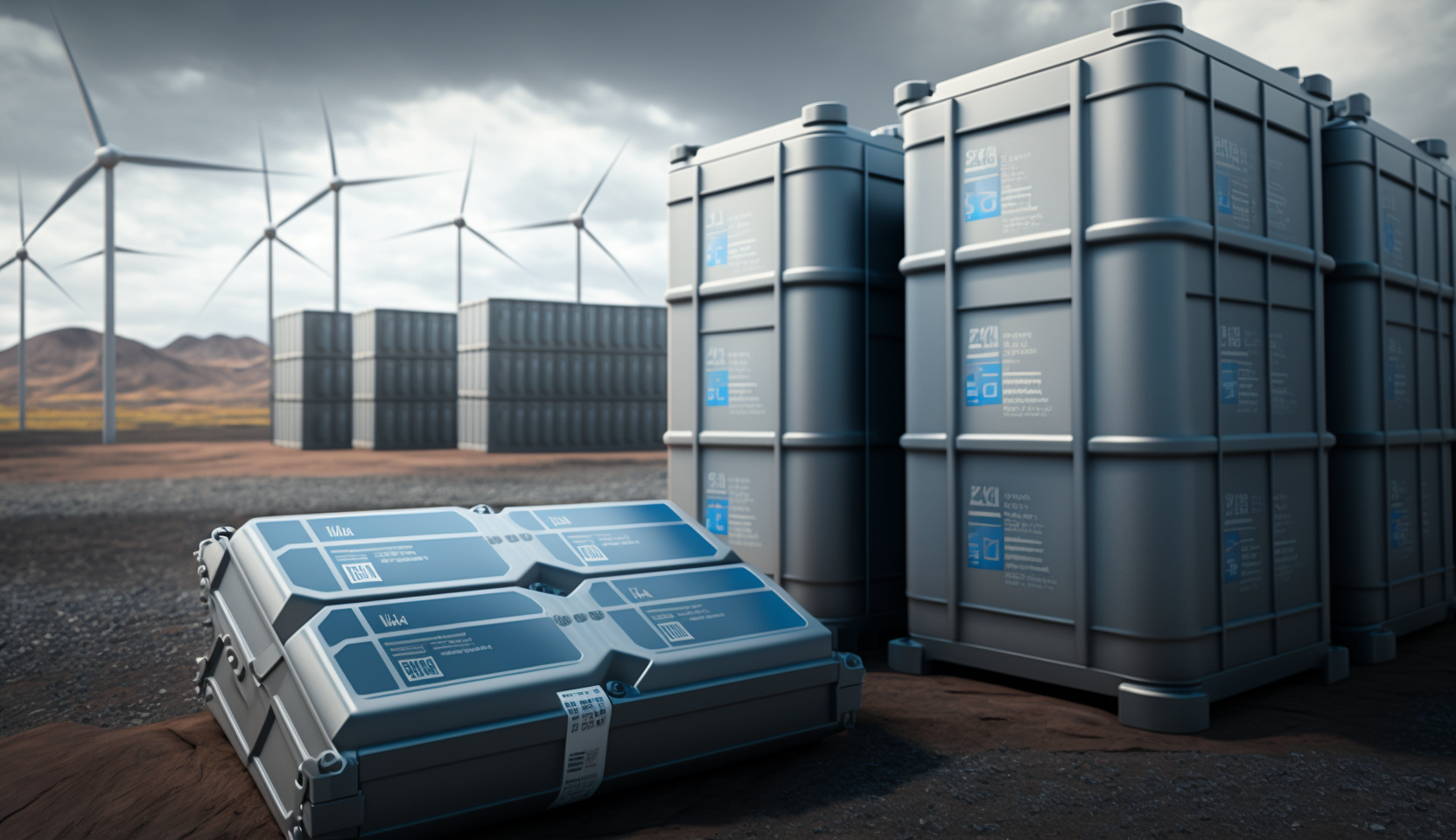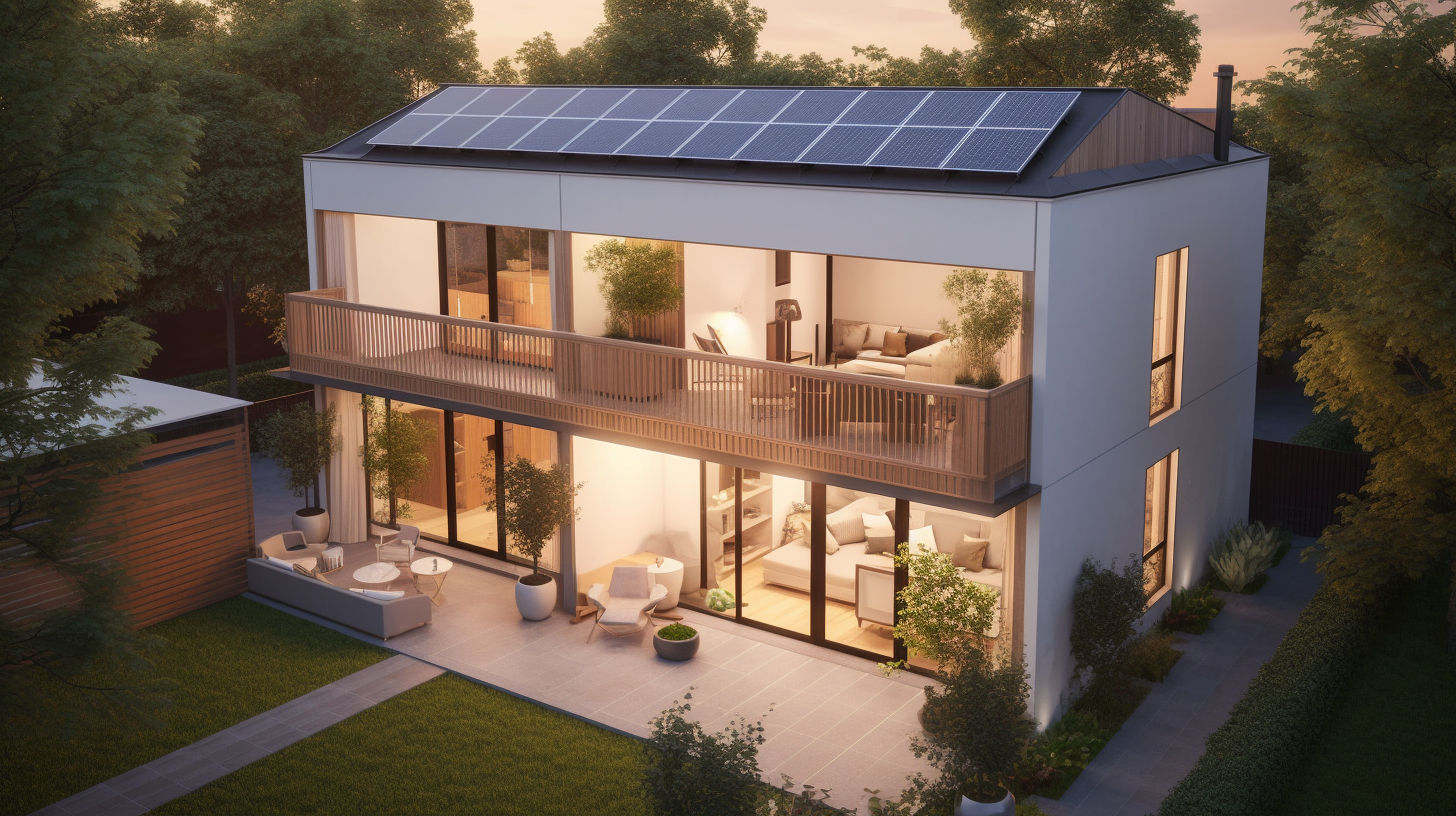TECH TRENDS
Building Smarter: Why Architectural Expertise is Key to Efficient Data Center Design
Designing a data center isn’t just about tech infrastructure—it’s about creating a smart space that supports the efficient operation of that technology. At JASC, our architectural team specializes in designing data centers that balance functionality, energy efficiency, and scalability. Here’s why having an architect on your team is essential for building a successful data center.
1. Optimizing Space for Maximum Efficiency
Architects specialize in using space efficiently. In a data center, where every square foot counts, they design layouts that allow equipment to fit in seamlessly while ensuring easy access for maintenance. By planning the arrangement of rooms and corridors strategically, architects help reduce wasted space, improve airflow, and ensure that power and cooling systems work more effectively.
2. Boosting Energy Efficiency
Running a data center is energy-intensive, with cooling systems and servers consuming massive amounts of power. An architect can significantly cut down on these costs by incorporating design features that naturally reduce energy consumption—such as high-performance insulation, optimized airflow, and the integration of renewable energy sources like solar panels. This not only lowers operational expenses but also reduces the environmental impact of the data center.
3. Designing for Scalability and Flexibility
As technology evolves, data centers often need to expand or adapt. Architects design with future growth in mind, ensuring that the building can accommodate additional servers, cooling systems, or power supplies without major disruptions. By planning ahead, architects create flexible environments that are ready for whatever comes next, saving businesses from costly renovations later.
4. Ensuring Compliance and Safety
Data centers must meet strict building codes and safety standards. Architects bring expertise in local regulations and ensure the building adheres to all safety requirements. This includes fire protection, structural integrity, and physical security measures, all crucial for protecting both employees and sensitive data stored within the facility.
5. Building Sustainability into the Design
Many companies now prioritize sustainability, and architects are critical in designing eco-friendly data centers. From using energy-efficient materials to incorporating natural lighting and water-saving technologies, architects can help reduce the environmental footprint of the building. This not only aligns with corporate sustainability goals but can also result in significant cost savings over time.
Challenges in Data Center Architecture
While architectural design offers many benefits, it comes with a few challenges. Balancing aesthetics and function is one of them—architects must ensure that a data center looks modern while maintaining peak functionality. Additionally, coordinating with engineers and IT teams can be complex, as everyone must be on the same page to ensure a smooth design process. Finally, high-quality architectural design often requires a larger upfront investment, but the long-term operational savings make it worthwhile.
Conclusion
Architectural expertise is critical to the success of any data center. It ensures optimal space use, energy efficiency, scalability, and compliance with safety regulations—all while building with sustainability in mind. For any company looking to build or upgrade a data center, investing in a skilled architect is a decision that will pay off for years to come.
FAQ
What is the role of an architect in data center design?
Architects ensure that the data center is efficiently designed, optimizing space, energy use, and future adaptability while ensuring compliance with building codes and safety standards.
How can an architect help make a data center more energy-efficient?
By incorporating natural lighting, insulation, efficient cooling systems, and renewable energy sources, architects reduce energy consumption and operational costs.
What are the benefits of designing a data center for future scalability?
Architects plan with future growth in mind, allowing for easy expansions or upgrades without major disruptions or costly renovations.
Are there additional costs involved when hiring an architect for a data center?
While there may be higher upfront costs, the long-term savings in energy efficiency, maintenance, and scalability often outweigh the initial investment.
Can architectural design improve the sustainability of a data center?
Yes, architects can integrate eco-friendly materials and technologies, such as solar panels and water-saving systems, to reduce the environmental impact of the data center.

